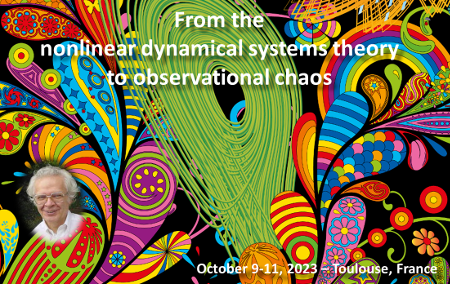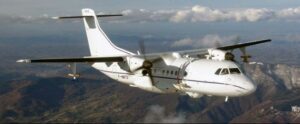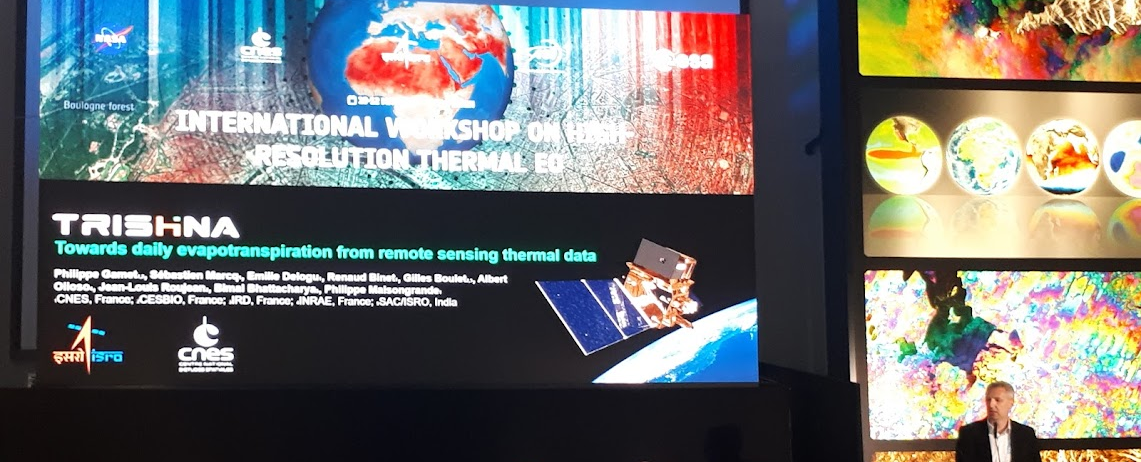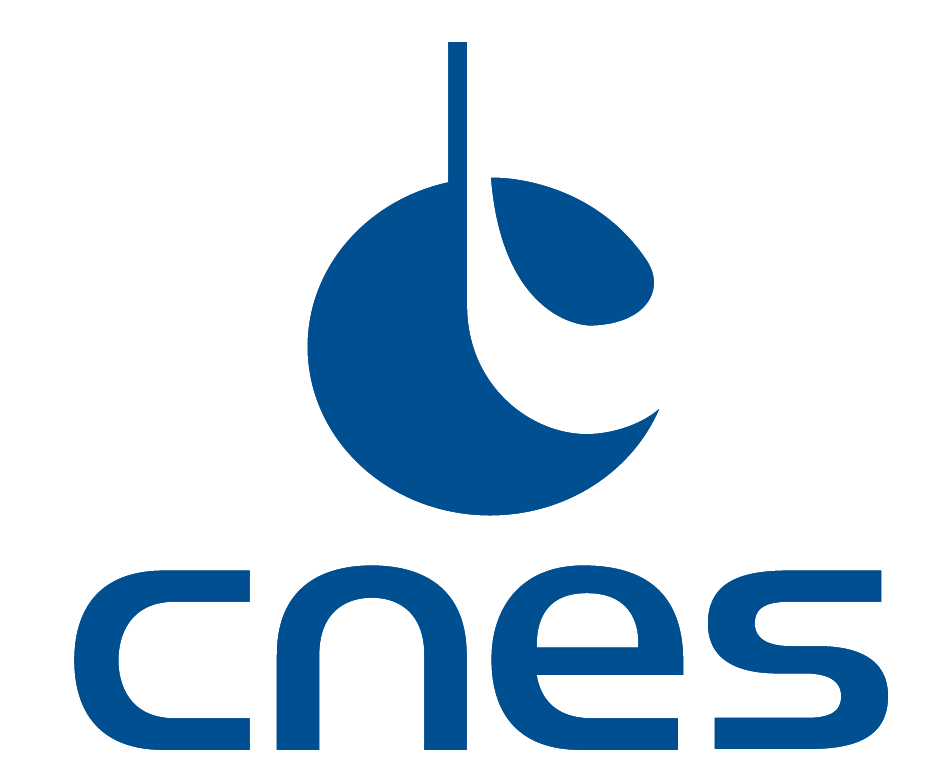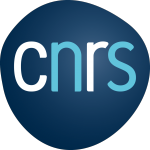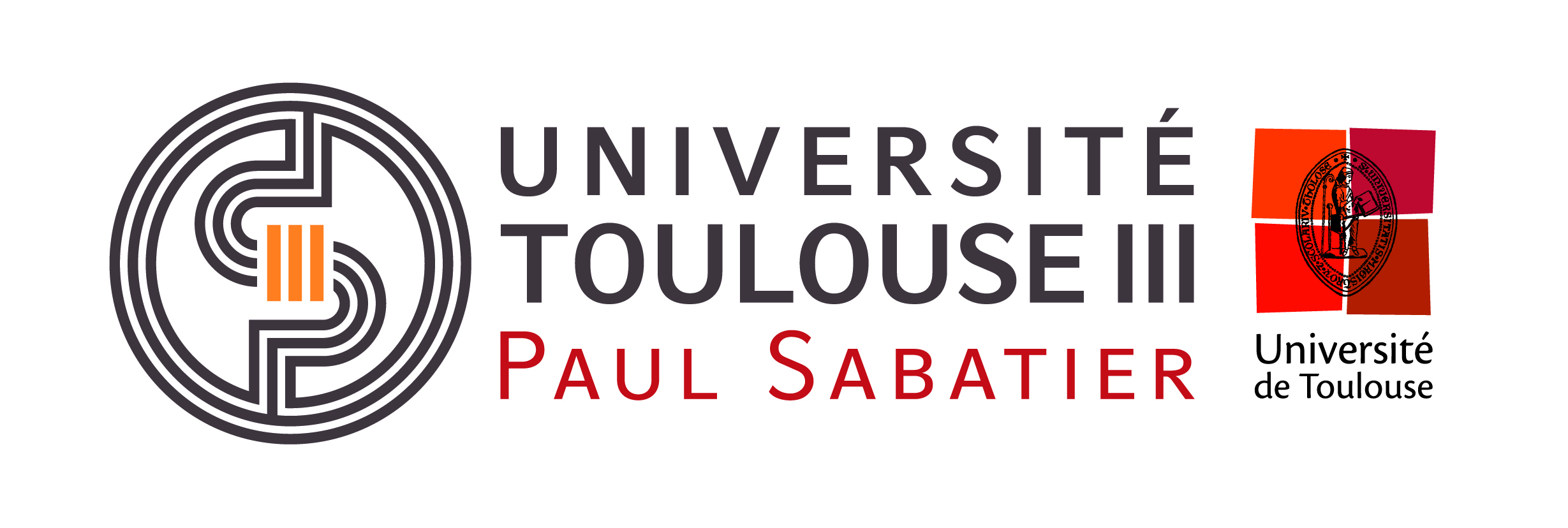OttoChaos: From the nonlinear dynamical systems theory to observational chaos
Conference October 9-11, 2023 – TOULOUSE, FRANCE
Deadline for the abstract: extended to July 8, 2023
Otto E. Rössler completed his studies in medicine but was never a physician. He spent a post-doc with Konrad Lorenz about socio-biology and cognitive science. He continued with a second post-doc with Robert Rosen with whom he learned to reproduce observed dynamics with differential equations. He then started as an academic by teaching computer programming and computed numerical solutions to the differential equations governing chemical reactions. Otto submitted his first paper on chaos in 1976. The Rössler system quickly became one of the prototypes on which the paradigm of chaos theory is constructed. He also introduced hyperchaos and suggested a classification of chaotic attractors. Otto E. Rössler investigated applications of chaos in various fields: chemistry, heart rhythm, biology, electronics, astrophysics, fluid mechanics…
In order to celebrate his contribution to chaos theory for his 80th birthday, this forthcoming conference is devoted to enlightening how chaotic behaviors help to understand the reality of the world in its complexity. Contributions should try to show how the concepts of state space, attractor, first-return maps, Poincaré sections, bifurcations, etc. combined with advanced concepts allow for better views of the possible dynamics produced by simple as well as complex systems. Contributions can be either theoretical, numerical, experimental, observational or historical.
- Main topics
- History of chaos
- Data analysis
- Nonlinear dynamical systems theory
- Environmental dynamics (hydrology, epidemiology, oceanoraphy, climatology, …)
- Applications (physics, chemistry, biology, plasma, astrophysics, electronics, …)
- Contribution submission
Your abstract should be sent to Christophe Letellier
Deadline for the abstract: June 30, 2023
Notification of acceptance: July 15, 2023
Deadline for the full paper (6 pages): September 1st, 2023
Proceedings will be provided to each participant at the beginning of the workshop.
LaTeX file style for the abstract and template can be found at the following page www.atomosyd.net/spip.php?article230.
- Honorary President
- Scientific Committee
- Luis A. Aguirre (Universidade Federal de Minas Gerais, Belo Horizonte, Brazil)
- Celso Grebogi (University of Aberdeen, UK)
- Jürgen Kurths (Potsdam Institute for Climate Impact Research, Germany)
- René Lozi (Université de Nice, France)
- Lars F. Olsen (University of South Denmark)
- Ulrich Parlitz (Max Planck Institute for Dynamics and Self-Organisation, Biomedical Physics Group, Göttingen, Germany)
- Arkady Pikovsky (University of Potsdam, Germany)
- Louis M. Pecora (U.S. Naval Research Laboratory)
- Denisse Sciamarella (CNRS, Institut Franco-Argentin d’Etudes sur le Climat et ses Impacts, Buenos Aires, Argentina)
- Organizing committee
- Sylvain Mangiarotti (Centre d’Etudes Spatiales de la Biosphère, OMP-CESBIO, UPS-CNES-CNRS-IRD-INRAE, Toulouse) To write him
Christophe Letellier (CORIA, Rouen Normandie Université)
Denisse Sciamarella (CNRS, Institut Franco-Argentin d’Etudes sur le Climat et ses Impacts, Buenos Aires, Argentina)
- Sylvain Mangiarotti (Centre d’Etudes Spatiales de la Biosphère, OMP-CESBIO, UPS-CNES-CNRS-IRD-INRAE, Toulouse) To write him
- Registration
Early registration (before July 31, 2023): Senior 260€ and Ph.D. Student 220€
Late registration (after August 1st, 2023): Senior 320€ and Ph.D. Student 280€
- Location
4 Rue San Subra
31300 Toulouse, FRANCE

